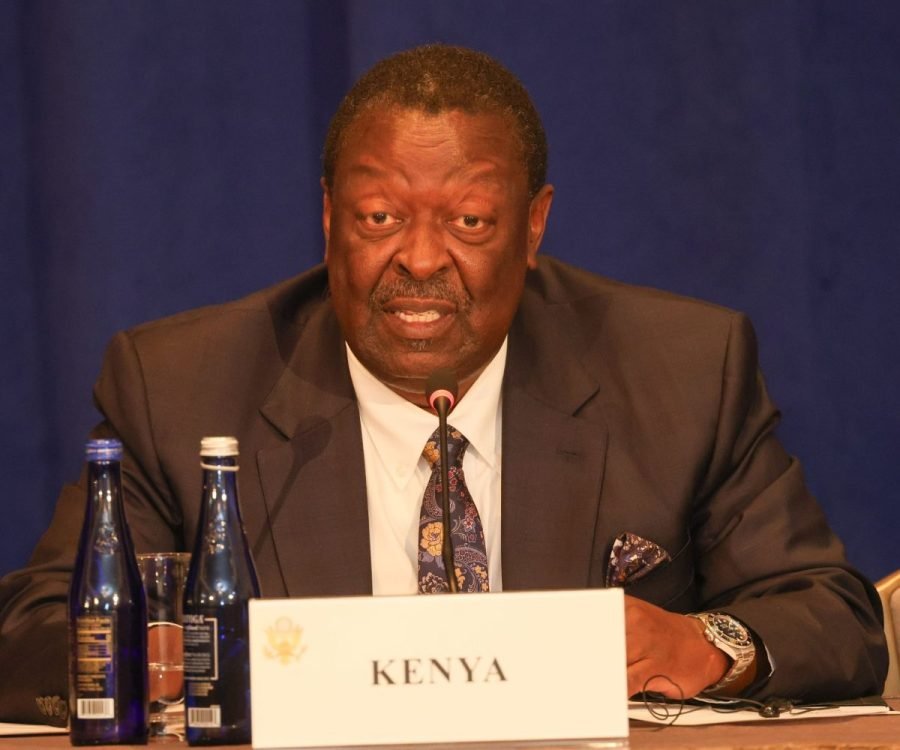Jeroen Michels, a policy analyst at the Organisation for Economic Cooperation and Development in Paris, asked: “What exactly is the nature of human morality?” He also inquired: “Are we hardwired for corruption or integrity?”
Psychologists agree that social learning is important in shaping behaviour. When corruption becomes the norm, people may learn from their surroundings and adopt similar attitudes and behaviours. This reinforces the cycle of corruption, making it more difficult to break free.
A bonsai tree is a tiny tree planted and trained to have a dwarf-like shape. Bonsai trees are grown to their desired shape using a combination of pruning, wiring, and other procedures. These techniques are used to stimulate development, modify the tree’s branches and trunk, and produce natural and realistic results. To ensure that Kenya’s posterity will have a less corrupt future, we must begin trimming the roots of our nascent youth from nursery school to university by inculcating the appropriate mentality in them. This means that a moral education curriculum must be available at all levels of our curriculum. Moral probity is the self-conscious understanding of one’s actions and intentions, which is difficult to find in our corrupt culture. While character is the pinnacle of a person’s existence in countries such as Japan, in Kenya, wealth is more important.
In most Asian countries, engaging in unethical behaviour is not only a source of shame for the individual, but also a curse for their family and community. That is why some people commit suicide after stealing public funds rather than face the stigma. In Kenya, we flaunt our affluence of stolen public wealth, and society even associates it with leadership positions.
One of the most humbling and moving occasions I have encountered in my teaching career in Hong Kong is when parents bring their children in for Form One admission interview. The youngsters are courteous and well-prepared, with anxious parents waiting outside as they battle for admission to the finest schools. There is no monkey business of a parent contacting the principal, a ministry of education official, or a local politician to get a spot in the school. It is all about meritocracy.
Garbage In, Garbage Out (GIGO) is a computer language term. If you compromise the system, don’t expect the best from society. It is ludicrous to see our government abandoning talent, honesty and professionalism for political expediency in order to hire people who are not just mediocre but also a disgrace to our nation’s moral fibre. The unfortunate aspect is that Kenya’s elite do not care; the rest of the populace are more concerned with their next meal, while politicians are more concerned with when to cut the next deal and make money!
If a nursery school student is taught that grades are earned by hard effort, that it is immoral to steal someone’s food, and that they should be nice and respectful, the seeds of moral probity will be planted by the correct ethical ideals.
In secondary school, students will only embrace integrity if they understand that they were admitted to the school based on merit, that the school principal is not constructing a business using stolen school funds, and that the games master does not deny students their rightful share of necessities from money given by the school bursar, resulting in the extra being embezzled.
What qualities distinguish Hong Kong pupils as having great moral integrity? Chinese culture places a great importance on communal well-being and social harmony, which can foster a sense of responsibility and moral obligation towards others. Moral education is a formal component of the Chinese curriculum that aims to teach ethical concepts and attributes in students. Character development is commonly stressed alongside academic achievement in Chinese schools, with values like honesty, integrity, and responsibility encouraged. Teachers and educators play a critical role in creating students’ moral standards since they serve as role models and transmit moral concepts through their teaching and behaviour. When an institution’s entire system functions organically on a foundation of integrity, students gain empirical knowledge based on firsthand experience.
However, if corruption is accepted as the standard in society, and “kitu kidogo” is required to obtain any service, the entire society devolves into a jungle where survival of the fittest reigns supreme.
— The writer is a teacher in Hong Kong —[email protected]


















